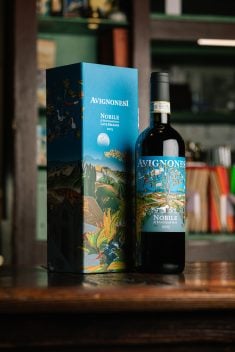Just like with wine, rules can be set or broken… The best recipe, therefore, is to follow personal experience and pleasure. In any case, we can present here some tips based on the general guidelines of pairing, including the control of astringency, bitterness, herbaceous notes, which in some preparations may dominate and in others instead disappear…

The rules of pairing with teas
No one has yet written the rules of tasting tea with different foods, especially savoury ones. And it is also difficult to find rules that apply to entire categories of foods, especially when faced with dishes made up of several elements and cooking methods. This is the view of Albino Ferri (in the photo), one of the leading experts on tea and on pairing tea with cuisine.
«It is a new world that can create new sensations and experiences: things that a food lover is always searching for – smiles Ferri – Natural teas, iced and without added sugars, have all the aromatic spectrums of hot ones: thus we have all the characteristics needed to approach pairing between the different infusions both with sweet and savoury foods. Probably, with desserts it is easier for us Westerners, because we are used to associating tea with pastry, while in the East it is very different. The same applies to iced teas: they can be paired with both hot dishes and cold preparations, even alternating the temperatures between the dish and the tea». Together with him, we try to draw out some suggestions…

Pairing with white meats
Grilled cooking, which gives bitter notes, may negatively clash with green teas.
Chinese green teas are ideal for white meats cooked in the pan or steamed, thanks to their vegetal and smooth notes. Lung Ching (Dragon Well) is particularly recommended for its delicacy.
Chinese black teas are generally perfect with more flavoursome or seasoned white meats, such as those cooked with butter or oil. Keemun, with its smooth and slightly smoky notes, pairs well with these preparations.
Pairing with red meats
For tartare and light cooking, low-oxidation oolongs such as those from Yunnan are recommended: they match well thanks to their aromatic complexity.
For stews and braises: aged Pu’er teas are good, with their earthy and spicy notes that enhance intense flavours.
For butter-based cooking: Chinese black teas such as Keemun or Black Dragon Pearls are excellent, with their smooth, malty notes.
Spiced and Fatty Foods
Better to go with flavoured teas here: infusions such as hibiscus (karkadè) with star anise or liquorice can balance spiced or fatty dishes, thanks to their sweet and refreshing notes.
Otherwise, spiced black teas such as Masala Chai: with their warm spices, they pair well with dishes rich in spices and intense flavours.
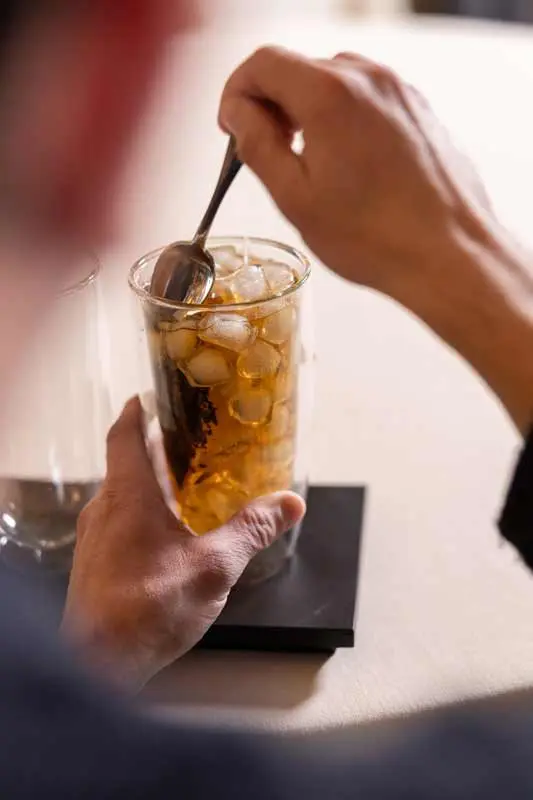
Fish and Shellfish
Some teas, especially those rich in tannins, may alter the delicate flavour of fish. It is advisable to choose lighter teas or teas with low astringency.
White fish and shellfish: Japanese green teas such as Sencha, with their marine and umami notes, enhance these dishes.
Smoked fish: medium-oxidation oolongs such as Dong Ding, with their fruity, honeyed and toasted notes, pair well with smoked salmon and other smoked fish.
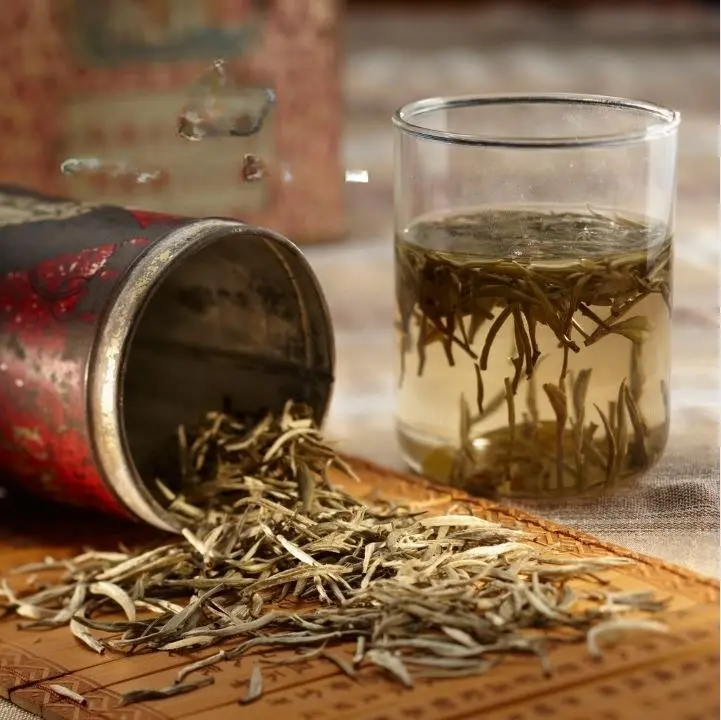
Grilled Fish
Oily fish: toasted green teas (such as Houjicha) can be chosen. The hazelnut and charcoal aroma of Houjicha ties in perfectly with the fat of grilled oily fish, without overpowering it but meeting it with its slight astringency. Served cold, it can be infused with lemon zest.
White fish and swordfish: better to choose teas that do not overpower the delicacy of the fish, but that harmonise with the grilled notes, therefore medium-light Oolongs such as Baozhong or Dong Ding.
Mixed grilled seafood and marinated dishes: ideal are spiced cold infusions based on rooibos or hibiscus (with pink pepper or ginger), because they balance the saltiness and any spices.
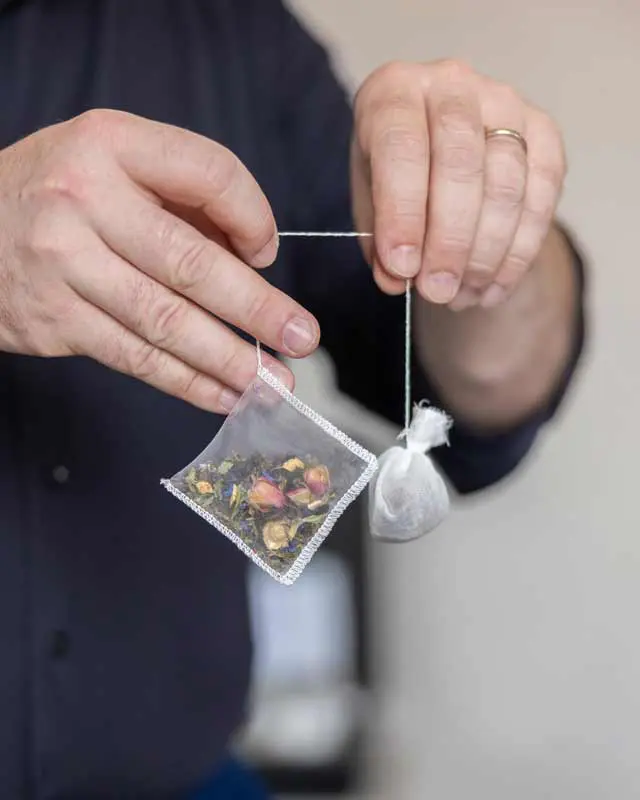
Grilled Meats
The notes of the grill introduce bitter, smoky and toasted elements that must be harmonised (not amplified) in the pairing.
Some tips: avoid teas with high astringency, which with the bitterness of charring can taste metallic; favour cold infusions, easier to harmonise; dare with customised infusions such as a light oolong combined with rosemary, which can pair well with grilled lamb.
Steaks, rib-eye, burgers: smoked black teas (such as Lapsang Souchong). The naturally smoky character of the tea pairs with the toasted notes of the grill. For some palates it may be “too smoky”: better then to dilute it and serve it cold, or blend it with a smoother black tea such as Keemun, also known as “the Burgundy of teas”.
Marinated chicken or turkey skewers: toasted oolong teas (such as Da Hong Pao or oxidised Tie Guan Yin). These teas have a gentle roast and medium body with a floral finish, which adapts well to the caramelisation of white meats.
Oxidised green teas (such as roasted Kukicha, even iced) work in cold blends with citrus peel to bring freshness and break the bitterness of the grill.
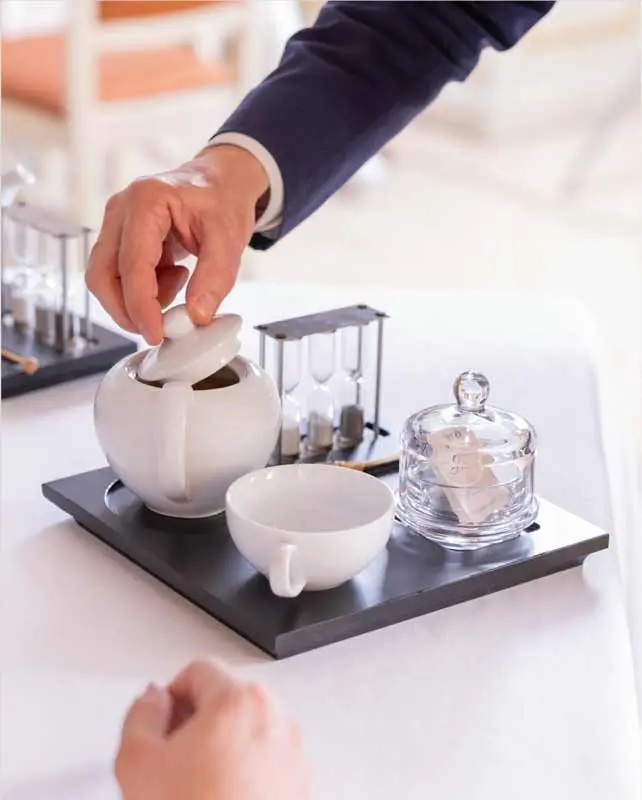
Cheese
Fresh cheeses: with their herbaceous and delicate notes, green or white teas go well with cheeses such as ricotta or goat’s cheese.
Mature cheeses: robust black teas with malty and fruity notes, such as Assam or Darjeeling Second Flush, enhance the flavour of cheeses such as Parmigiano, Pecorino and long-aged alpine cheeses or podolic caciocavalli.
Blue cheeses: with their earthy and complex notes, Pu’er teas pair well with cheeses such as Gorgonzola or Roquefort.

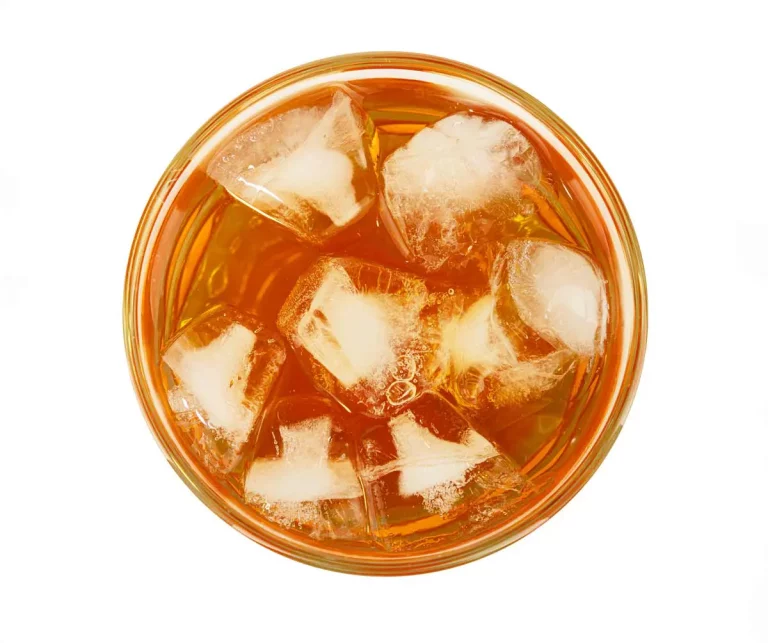
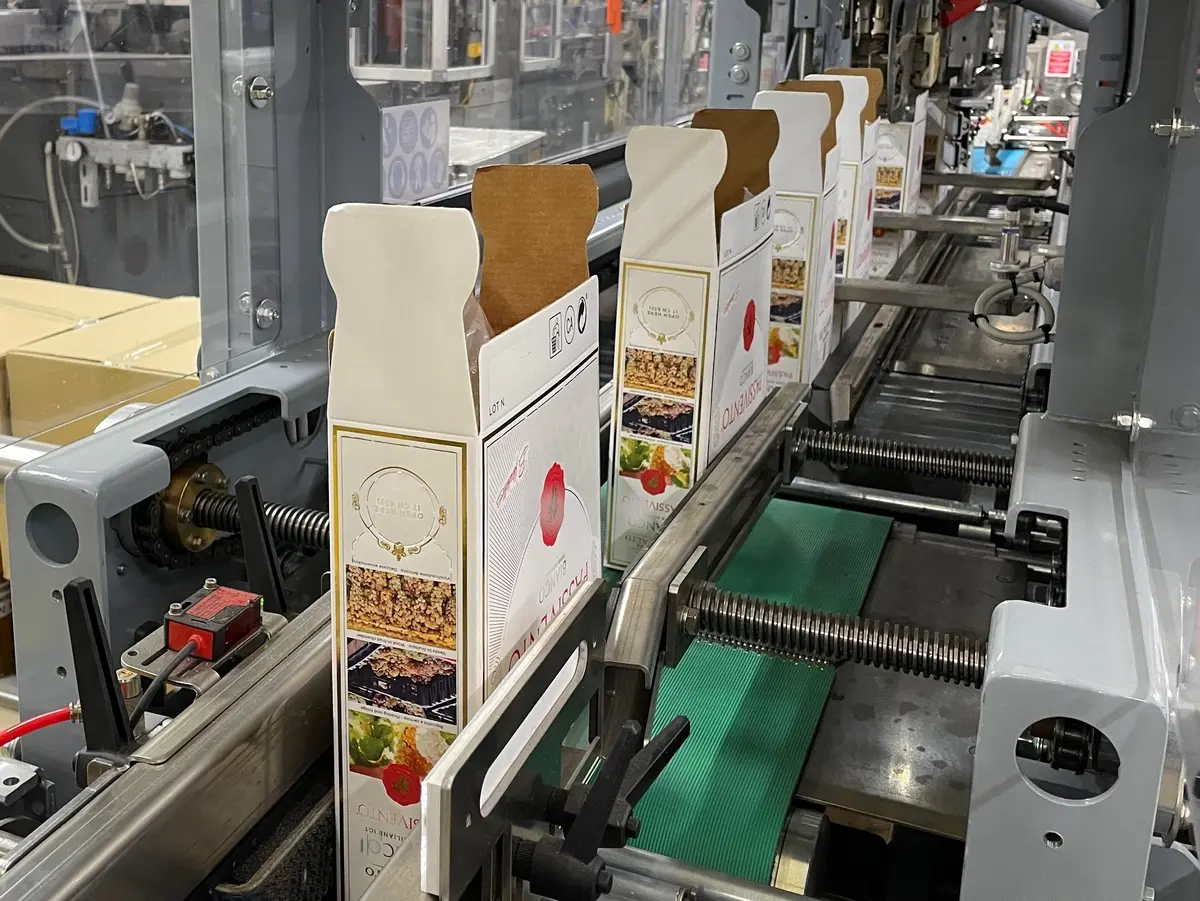 Langhe Nebbiolo DOC in bag-in-box: the rule change dividing producers
Langhe Nebbiolo DOC in bag-in-box: the rule change dividing producers 'Wine knowledge in Nigeria is evolving'
'Wine knowledge in Nigeria is evolving' 'It's a great time for Italian wine in the US'
'It's a great time for Italian wine in the US' What to expect from Wine Paris 2026
What to expect from Wine Paris 2026 Meet the farmer pioneering English olive oil
Meet the farmer pioneering English olive oil



